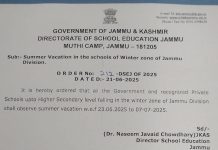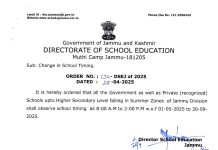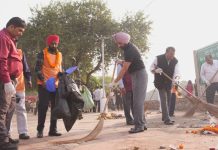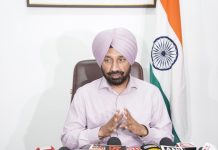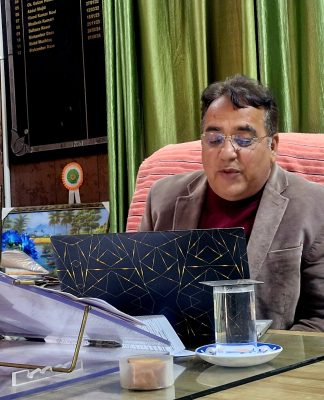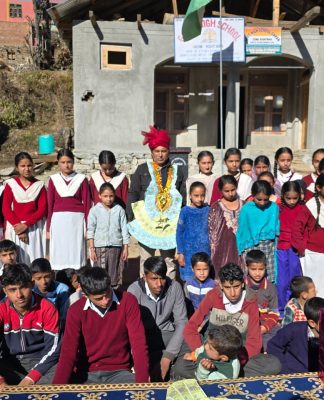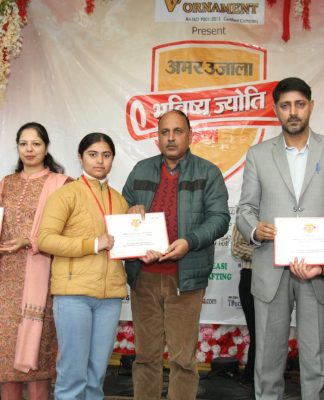Stress levels are high in India compared with other developed and emerging countries, including the US, the UK, Germany, France, China, Brazil and Indonesia, according to the 2018 Cigna 360° Well-Being Survey – Future Assured released earlier this week.
The survey, carried out by Cigna TTK Health Insurance, a joint venture between US-based Cigna Corp. and Indian conglomerate TTK Group, said about 89% of the population in India said they were suffering from stress compared to the global average of 86%. In addition, one in eight people have serious trouble in dealing with stress, with millennials suffering more than other groups. Nearly, 75% of respondents in India do not feel comfortable talking to a medical professional about their stress, with cost being one of the biggest barriers.
The survey explored people’s perceptions and concerns on health and their sense of well-being across five key areas—physical, family, social, finances and work. The survey covered 14,500 people in 23 markets around the world.

India takes the top spot in the overall global well-being index for the fourth year running. The country only showed slight declines in physical, social and family wellness this year, while respondents remained optimistic about work and financial well-being. The largest percentage falls are in the physical area and were seen in weight and nutrition management, followed by sleep-related challenges. In the social pillar, over 50% of people from India said they are not spending sufficient time with friends or have enough time for hobbies. The dip in family well-being is mostly due to growing concerns about the ability to financially support parents and children.
Work and finances are the key reasons people gave for high level of stress. However, workplace wellness overall scored high, with about half the respondents saying they have received support and are participating in a workplace wellness program. The majority, 87%, said that workplace wellness programs are important in choosing between two potential employers.
The findings show that one in two respondents in India plans to finance medical expenses from savings in old age, followed by insurance.
Four in 10 people in India have bought health insurance for themselves. The people who claim to be ready for older age are better at planning; they do regular health checks and own insurance. They are also more likely to be married with children, and a high proportion have full-time employment and are more affluent.
In India, private healthcare is perceived to be superior to public care on every aspect, except cost, by a resounding majority.



